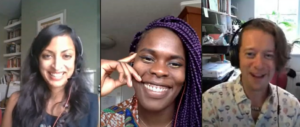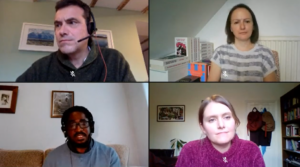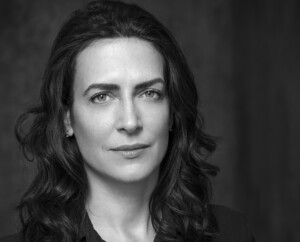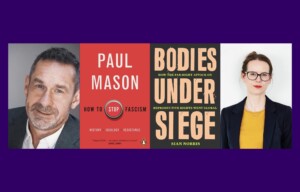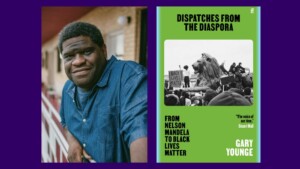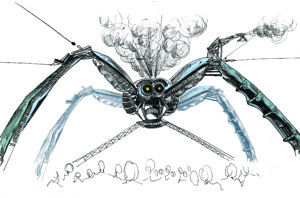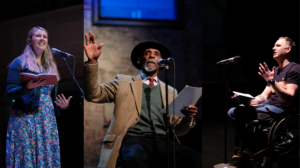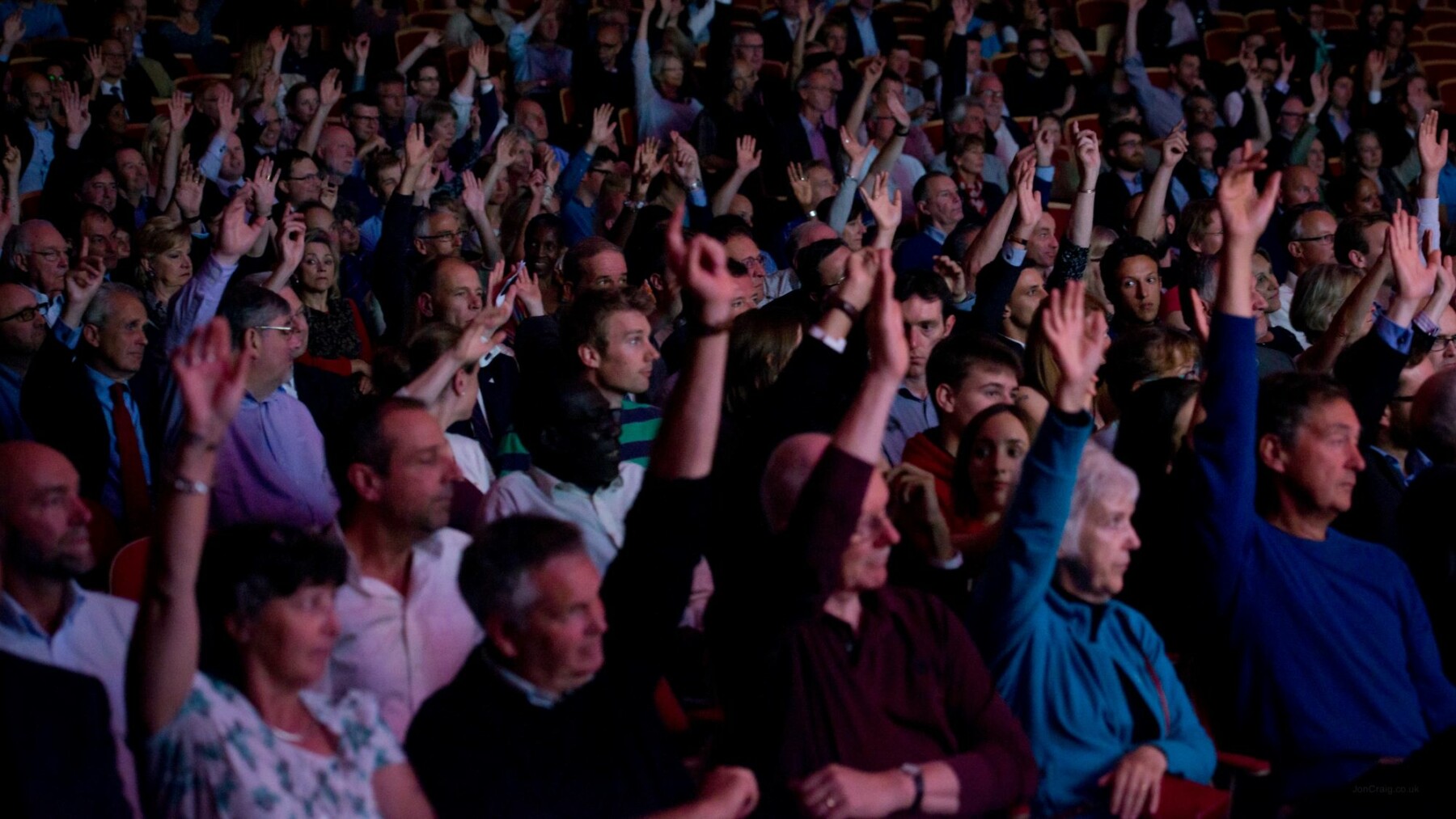
Watch and listen to conversations with speakers from around the world for free online and explore our library of essays. Sign up to our newsletter to stay up to date.
Attend
-
Festival of Ideas

St George’s Bristol | £10
-
NYC on Film
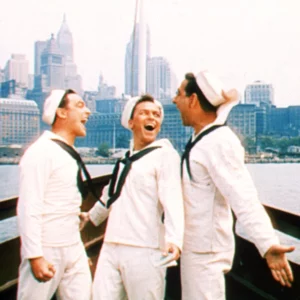
Watershed | £5 – £8.50
-
Festival of Ideas
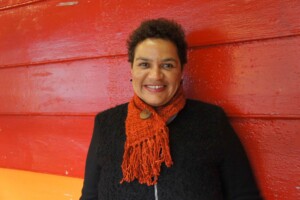
Waterstones | £5 – £8
Listen
-
Festival of Ideas
-
Festival of Ideas
-
Festival of Ideas

